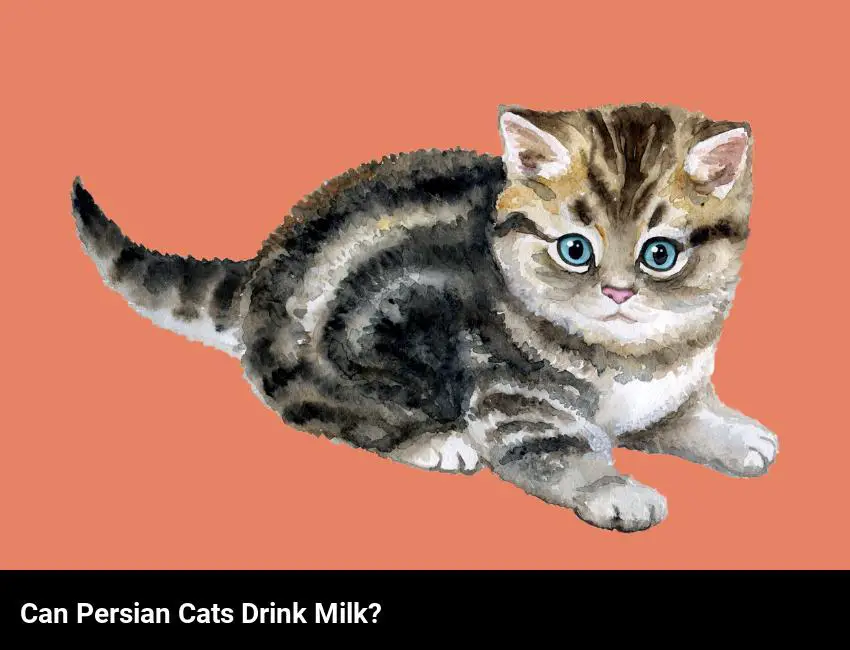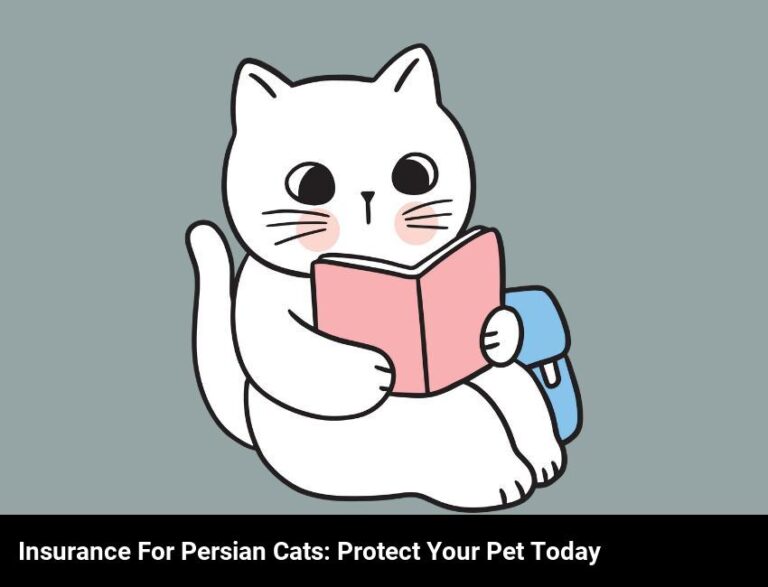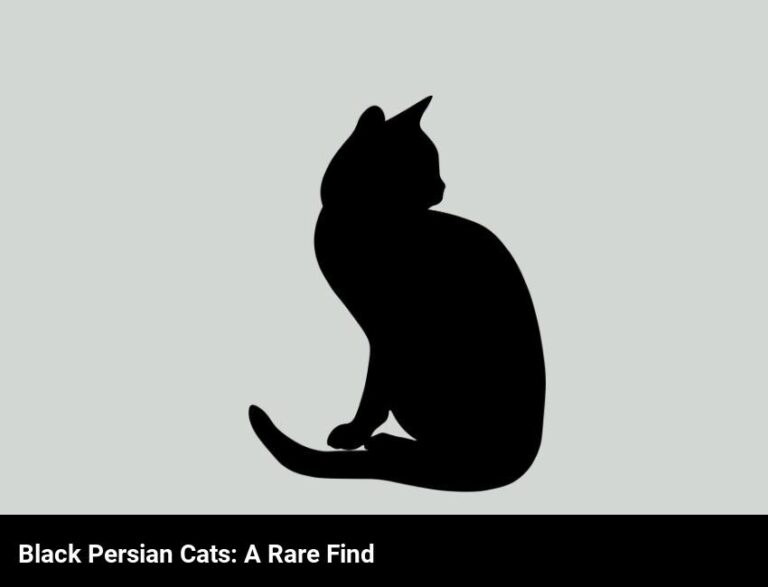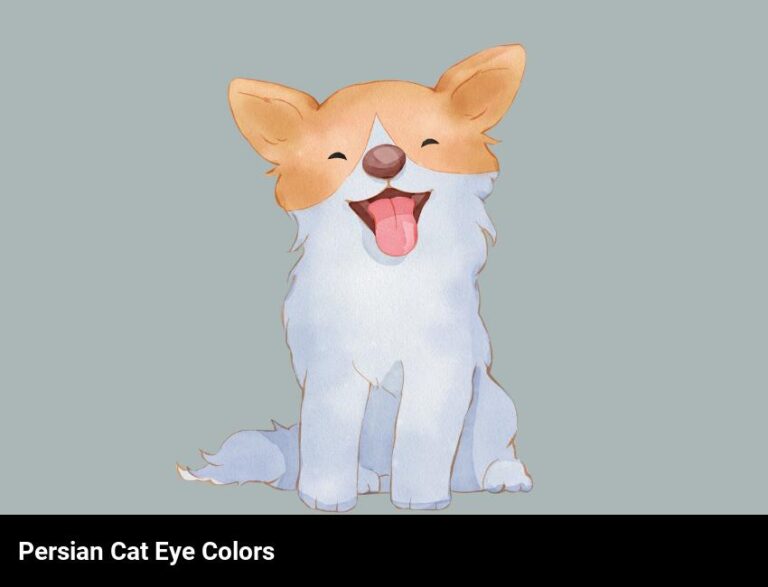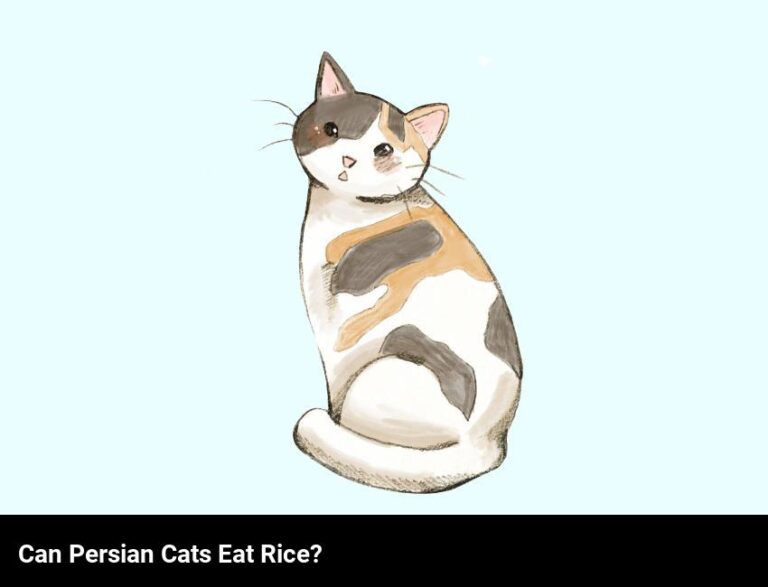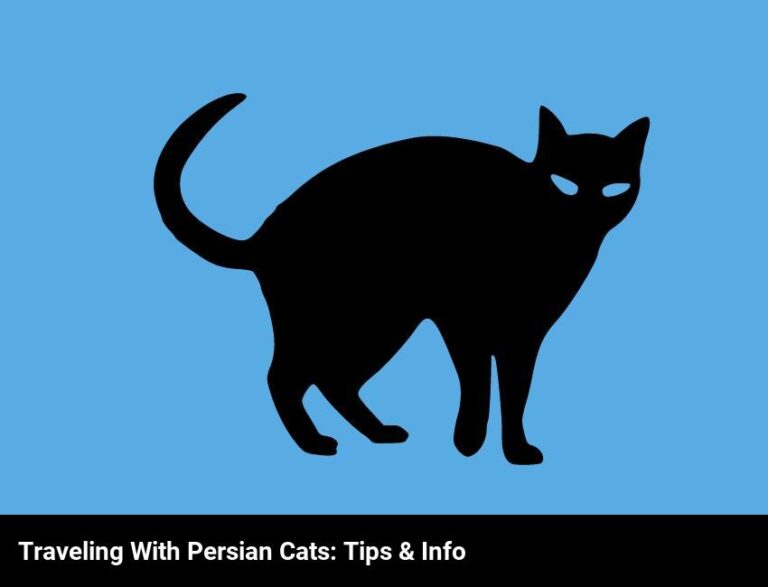Can Persian Cats Drink Milk?
Yes, Persian cats can drink milk. Milk is a good source of calcium for cats and can be beneficial for their overall health.
As a proud owner of a Persian cat, I have often wondered if it is safe for my beloved pet to drink milk. After all, Persian cats are known for their unique physical characteristics, and I wanted to know if their breed had any effect on their ability to drink milk. In this blog post, I will explore the various benefits and risks associated with giving Persian cats milk to drink, as well as alternative options to providing Persian cats with dairy. Plus, I will share tips on how to introduce Persian cats to drinking milk, and how to tell if they enjoy it.
If you’re a Persian cat owner, like me, and you’ve been curious about whether or not it is safe for your pet to drink milk, then you’ve come to the right place. I’ll be walking you through the pros and cons of giving your Persian cat milk, as well as introducing you to other options available to provide them with dairy.
What makes persian cats special?
You may be wondering why Persian cats are so special? Well, the answer is simple – they are unique in so many ways! From their luxurious coats of fur to their beautiful eyes, there’s no denying that Persian cats are one of a kind.
Persian cats have a very distinct look, with their long, silky fur and round faces. They have large, round eyes that come in many different colors, like blue, green, and yellow. They also tend to have a very sweet and gentle demeanor, which makes them a great choice for families and people with children.
What’s more, Persian cats have a very unique purr. It’s said that the purr of a Persian cat can be heard up to 30 feet away! They are also very intelligent and can easily be trained to do a variety of tricks. This makes them even more fun and enjoyable to own.
Finally, Persian cats are known for being very loyal and devoted to their owners. They make an excellent companion for those looking for a furry friend to keep them company.
Does persian cats’ breed affect the ability to drink milk?
Yes, breed can affect the ability of a Persian cat to drink milk. The breed of your Persian cat will determine its digestive system and, therefore, its ability to digest milk. Persian cats generally have short, flat faces and broad noses, which can make it difficult for them to consume milk safely. As a result, their digestive systems may not be able to handle it. However, if your Persian cat is used to drinking milk and is not sensitive to lactose, it may be able to drink milk without any problems.
In some cases, a Persian cat may have a higher tolerance for milk than other cats. This is because the breed is known for being more adaptable to changes in their diets. If a Persian cat is regularly exposed to milk, then it may be able to tolerate it better than a cat from another breed. However, it is important to monitor your cat’s reaction to milk and if it experiences any adverse reactions, you should stop giving it milk.
In addition, the age of the Persian cat may also affect its ability to drink milk. Younger cats are more likely to be able to consume milk without any issues. Adult cats, however, may have difficulty digesting milk, especially if they are not used to it. If you want to introduce milk to your Persian cat, it is recommended that you start with a smaller amount and gradually increase it over time.
Overall, the breed of your Persian cat can affect its ability to drink milk. If your cat is used to milk and is not sensitive to lactose, it may be able to consume it without any issues. However, it is important to monitor your cat’s reaction to milk and adjust the amount accordingly.
Are there any risks associated with giving persian cats milk to drink?
Absolutely! There are some risks associated with giving Persian cats milk to drink. Just like with any other type of cat, drinking too much milk can cause digestive problems, diarrhea, and dehydration.
Additionally, Persian cats are especially prone to some digestive issues due to their sensitive stomachs, so you need to be especially careful when giving them milk. You should always consult with your vet before giving your cat any kind of milk or dairy product.
It’s also important to remember that cats are not able to digest the lactose found in cow’s milk. If your Persian cat is lactose intolerant, giving them milk can lead to digestive problems. If this is the case, you’ll need to find a lactose-free alternative like goat or almond milk.
Finally, it’s important to remember that cats don’t actually need to drink milk and that there are much better sources of nutrition for them. Water should always be the primary drink for cats, so make sure your Persian cat is getting plenty of fresh water. Milk should only be given as an occasional treat.
What are the benefits of drinking milk for persian cats?
Yes, Persian cats can definitely benefit from drinking milk! Here are some of the benefits they will experience:
- Improved digestion – Milk is an excellent source of probiotics and other digestive enzymes, which can support a healthy cat gut and improve digestion.
- Boosted immune system – Milk is packed with vitamins and minerals, like calcium and magnesium, that help to strengthen the immune system.
- Increased energy levels – Not only is milk a great source of energy, but it also contains essential fatty acids that can help keep your Persian cat feeling energized and alert.
- Improved coat and skin health – Many cats enjoy the taste of milk, which can help to improve their coat and skin health. The fatty acids in milk can help to keep their fur soft and shiny.
- Reduced risk of urinary tract infections – Milk is a natural diuretic, which can help to flush out toxins and reduce the risk of urinary tract infections.
- Healthy weight maintenance – Milk is a great source of energy, which can help your Persian cat to maintain a healthy weight.
In conclusion, Persian cats can experience a number of benefits from drinking milk, including improved digestion, boosted immune system, increased energy levels, improved coat and skin health, reduced risk of urinary tract infections, and healthy weight maintenance. So be sure to provide your Persian cat with milk as part of their balanced and nutritious diet.
Are there any special tips to consider when giving persian cats milk?
Yes! If you’re considering giving milk to your Persian cat, there are a few things you need to keep in mind. Here are some helpful tips to ensure your kitty stays healthy and happy:
- Always make sure to give your cat pasteurized milk. Unpasteurized milk can contain bacteria that can potentially make your cat sick.
- Keep an eye on your Persian cat’s milk intake. Too much milk can lead to an upset stomach and digestive issues.
- Try to give your cat a variety of different types of milk, such as goat’s milk, almond milk, or rice milk. These types of milk can provide additional health benefits, such as added nutrients and vitamins.
- If you’re giving your cat cow’s milk, make sure to opt for a lactose-free version. Some cats can have difficulty digesting lactose, so a lactose-free formula is best.
- Avoid giving your cat flavored milk, such as chocolate milk, as this can be harmful to their health.
- Get your cat used to drinking milk gradually. Start by giving them small amounts and gradually increase the amount as they get more comfortable.
- Make sure to always keep the bowl of milk clean to avoid any bacteria buildup.
- Regularly monitor your cat’s water intake. Make sure they are getting enough water, as this is essential for their health.
Are there any alternative options to providing persian cats with dairy?
Yes! Persian cats can have milk alternatives that meet their nutritional needs. These include non-dairy milk products like almond milk, oat milk, and soy milk.
Almond milk is full of protein and healthy fats that can provide Persian cats with the nutrients they need. Oat milk and soy milk are also packed with calcium and other essential vitamins and minerals. All of these milk alternatives can be easily found in grocery stores.
It’s important to note that these milk alternatives should not be used as a replacement for water. Cats are naturally drawn to milk, and it can be tempting to let them drink it as a treat. However, milk should only be given in moderation, as it can lead to diarrhea and other digestive issues.
In addition to milk alternatives, there are also other foods that Persian cats can enjoy. For example, there are many types of canned cat food that are specifically formulated for cats. These foods contain the necessary proteins and fats that cats need, and they also provide essential vitamins and minerals.
Finally, Persian cats can also enjoy a variety of treats, such as catnip, tuna, and sardines. These treats are packed with essential nutrients and can be a great way to give cats the nutrition they need without relying on dairy products.
In conclusion, there are a number of alternative options to providing Persian cats with dairy. From non-dairy milk products to canned cat food and treats, there are plenty of ways to ensure that Persian cats get the nutrition they need without relying on milk.
What should owners do to introduce persian cats to drinking milk?
Introducing Persian cats to drinking milk is easy and rewarding! Here are some tips to get your cat used to it:
- Start by offering your cat small amounts of full-fat, plain cow’s milk. Avoid flavored, low-fat, or skimmed milk as these may contain ingredients that are not suitable for cats.
- To make the milk more enticing, add a few drops of warm water to the milk, or mix it with any wet cat food you have.
- Place the bowl of milk in a quiet area and offer it to your cat at the same time each day.
- Let your cat explore the bowl of milk at their own pace. Don’t force them to drink it if they are not interested.
- If your cat takes to the milk, start increasing the amount slowly over time.
- To further entice them, you can add some catnip or treats to the milk.
What is the best way to tell if a persian cat enjoys drinking milk?
Figuring out if your Persian cat enjoys drinking milk is easy. First, make sure the milk you give your feline is fresh and cold. Persian cats generally don’t like milk that has been sitting out for too long. Then, offer the milk in a shallow dish. This way, your cat can easily lap it up without making a mess.
Another way to tell if your Persian cat likes milk is to watch their behavior. If they come back to the bowl and happily drink the milk, they obviously enjoy it. On the other hand, if they turn away and show no interest in the milk, they may not like it.
Finally, you can gauge your cat’s reaction to milk by observing their overall health. If your Persian cat is drinking milk and seems to be healthy and energetic, that’s a good sign that they’re enjoying it. However, if they’re drinking milk and seem sluggish or unwell, it may be time to switch up their diet.
Ultimately, the best way to tell if your Persian cat enjoys drinking milk is to pay attention to their behavior, the freshness of the milk, and their overall health. If your cat is happy and healthy after drinking milk, then you can be sure they enjoy it.
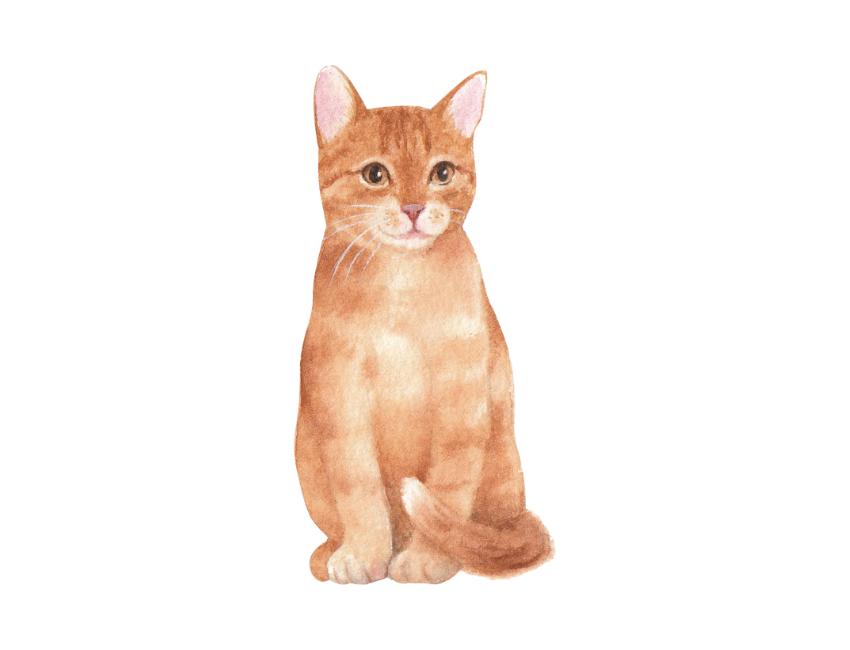
Frequently Asked Questions
Does giving a persian cat milk provide any benefits?
No, giving a Persian cat milk does not provide any benefits. Milk is not part of a healthy diet for cats, and it may even cause digestive issues for Persian cats. Instead, provide them with fresh water and a balanced diet of wet and dry cat food formulated for their age and activity level.
Is there a right way to give milk to a persian cat?
Yes! The best way to give milk to a Persian cat is to start by presenting a small amount in a shallow bowl. Give your Persian cat the opportunity to drink the milk at their own pace. Keep the milk fresh and change it regularly. Consider adding a few drops of warm water to the milk to make it more appealing. Make sure to monitor your cat’s reaction to the milk to make sure they do not have an allergic reaction.
What happens if a persian cat drinks too much milk?
If a Persian cat drinks too much milk, it can lead to digestive problems such as vomiting or diarrhea. It can also lead to an upset stomach, cramps, and bloating. It is best to only give cats small amounts of milk occasionally as a treat, to prevent any health issues.

